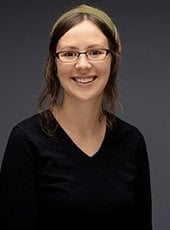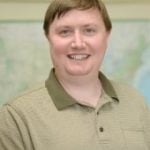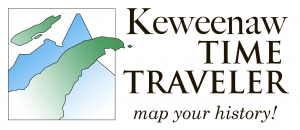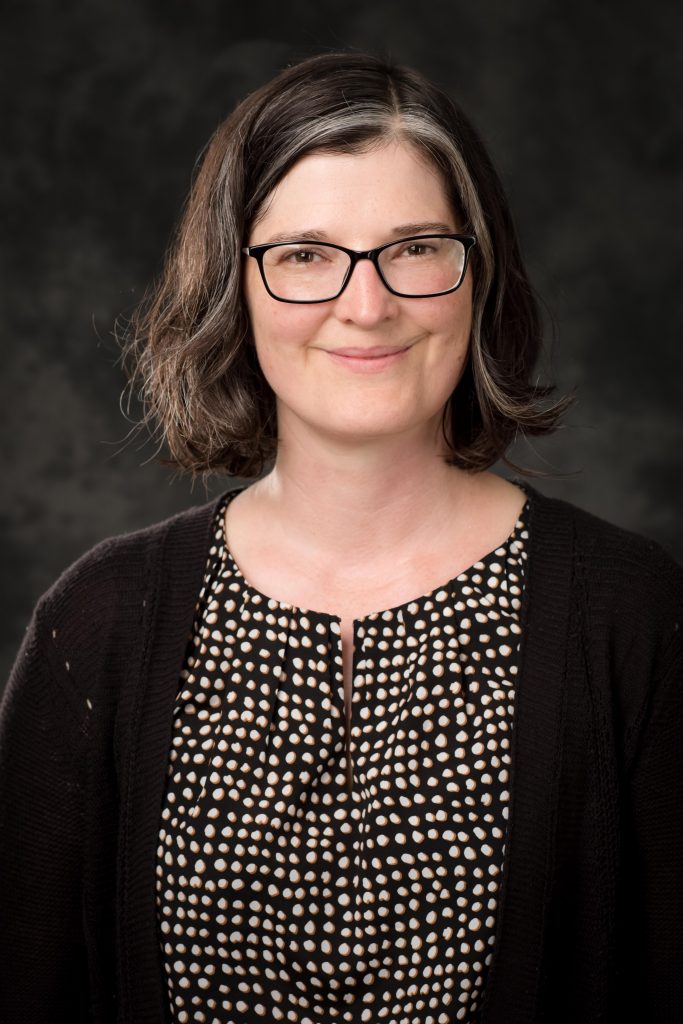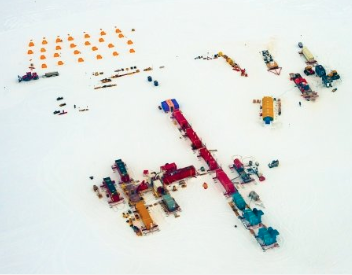
L’Anse is the third community in the Upper Peninsula to install a community solar array. The community partnered with Michigan Tech’s Alternative Energy Enterprise team and Department of Social Sciences faculty and students, as well as WPPI Energy and WUPPDR, to make the project a reality.
Read the full story on mtu.edu/news
